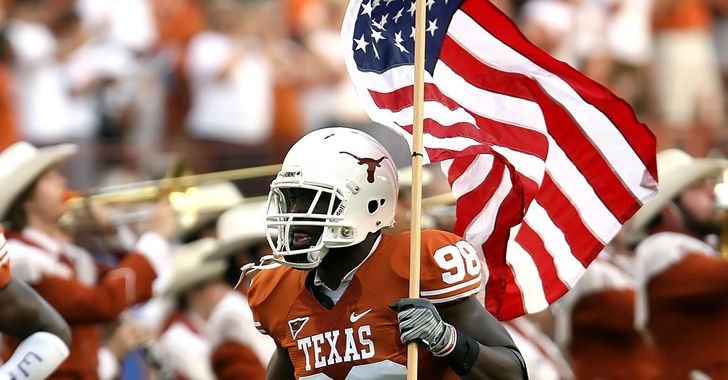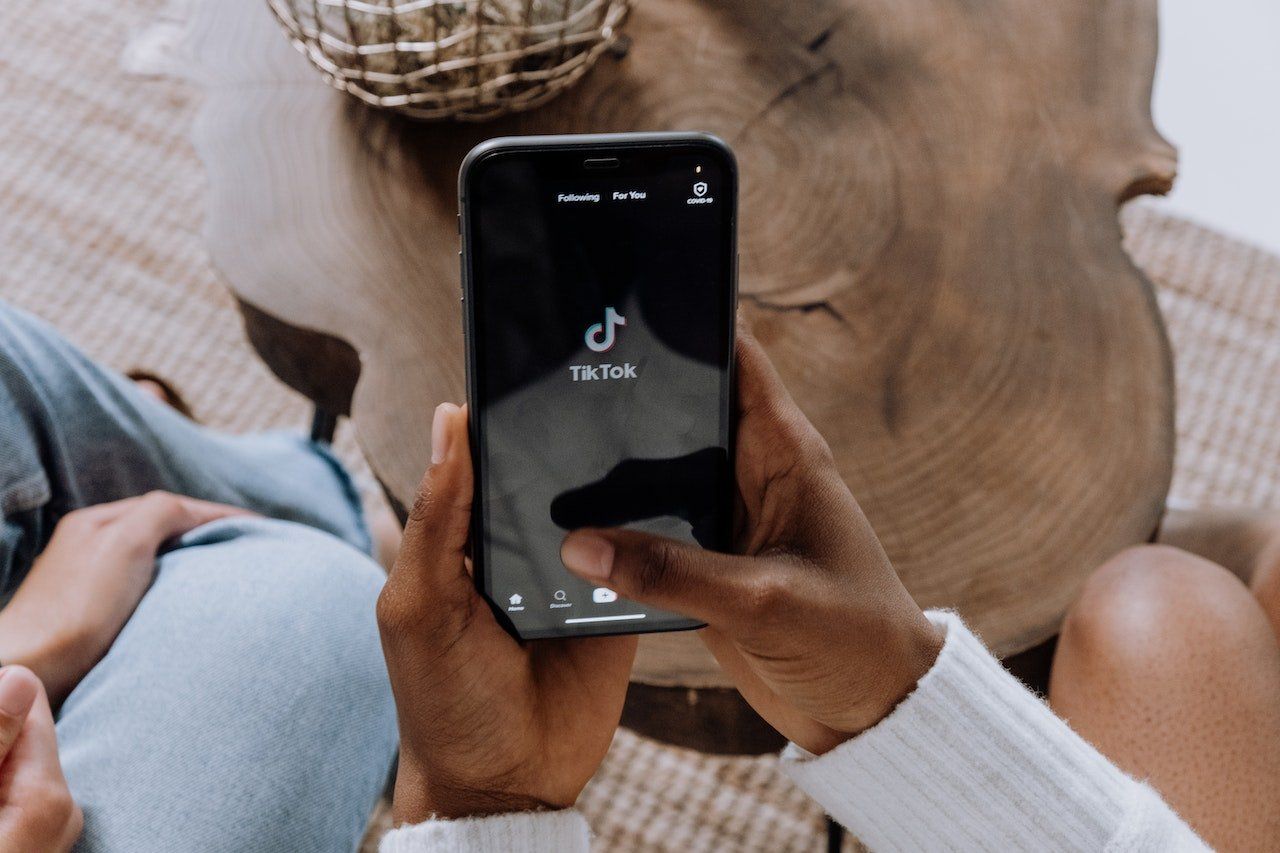In less than a year, the United States could look like two completely different countries depending on who is elected to the executive branch.
Election Day 2020 could usher in a new Democratic administration. Since many people of different origins comprise the party, voting blocs of people with similar issue-based policies will ultimately decide what candidate gets the party's support as the candidate for the general election.
According to the Pew Research Center, 2020 will be a historic year for Latinx voters as they will make up the largest ethnic minority group in the electorate with more than 13 percent eligible voters. This means that candidates will have to tailor their campaigns to attract more Latinx voters in order to compete for the spot.
According to Anthony Cillufo, a writer for the Pew Research Center, though Latinx voters will be the largest in number when it comes to actually go out to vote, Black voters have shown to turn out the most.
Cillufo writes, "In recent presidential elections, blacks were substantially more likely than [Latinx] to vote. Indeed, the number of [Latinx] eligible voters who didn't vote has exceeded the number of those who did vote in every presidential election since 1996."
This challenge has inspired a new generation of voters: Latinx college students.
Students like Vanessa De La Torre, a sophomore at Arizona State University, said that exercising her right to vote is important to her and sees it as her duty to her future and to her community. De La Torre said that 2020 will be the first time she partakes in voting.
"This election is probably the most important one in my lifetime, I do not want to have regrets by not voting," she said.
De La Torre did not vote in the previous elections due to issues registering.
"Moving to Phoenix was a rough transition and I couldn't figure out where to register to vote," she said.
Her hometown of Tucson, AZ just had an election where the first Latina mayor was elected. Regina Romero has become an inspiration for Latinas like De La Torre to become politically active. This time she said she will make sure that her ballot is in before Nov. 3, 2020.
Salma Viedes, a Senior studying tourism management at ASU, is a foreign student from Mexico. She cannot vote in the United States but is affected by the policies that are created by the elected leaders in government.
"I am still living in this country and whoever is elected makes decisions that affect my friends and I who are students," Viedes said. "That is why I encourage people who are citizens, who can vote in this country to do it."
As the Democratic primaries approach more and more people will become involved in the political process through canvassing and voter registration.
You can check your voter registration and learn how to register to vote here.


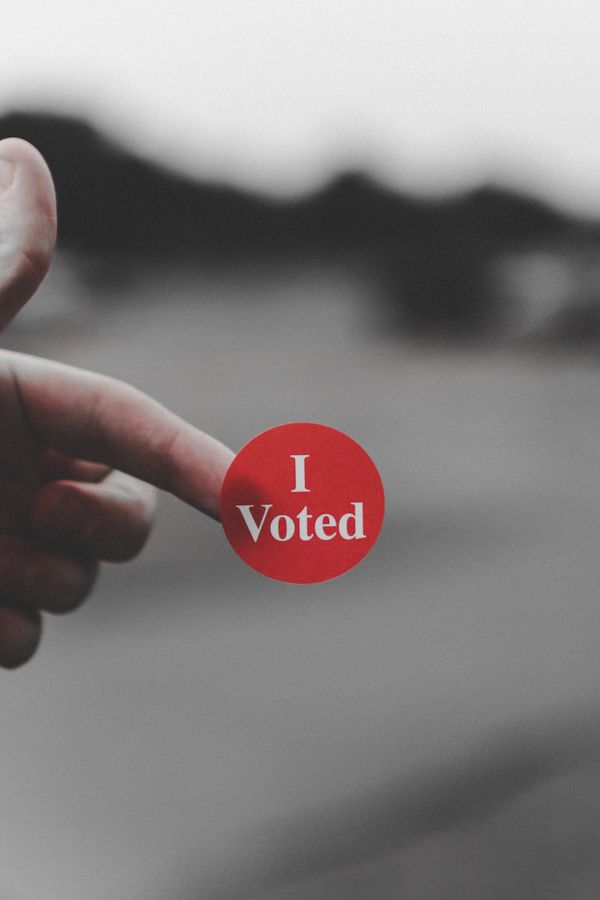
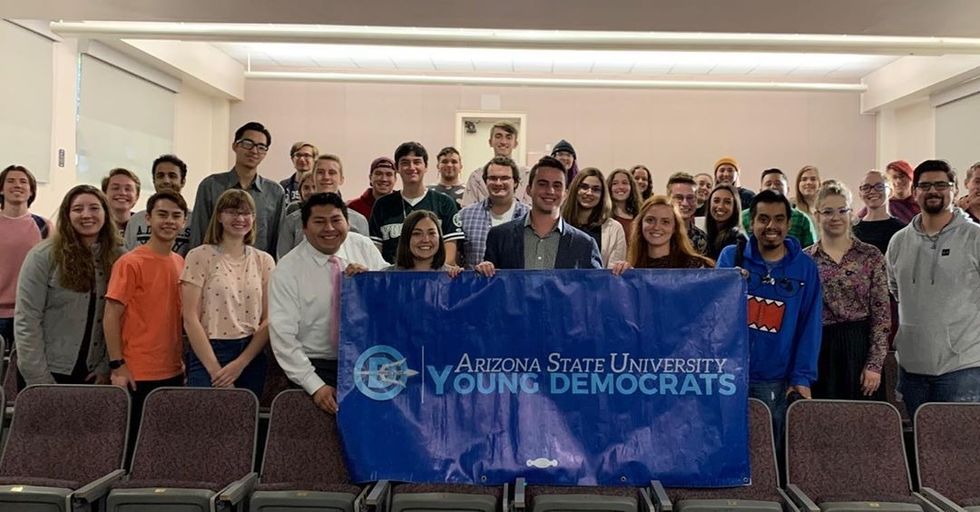





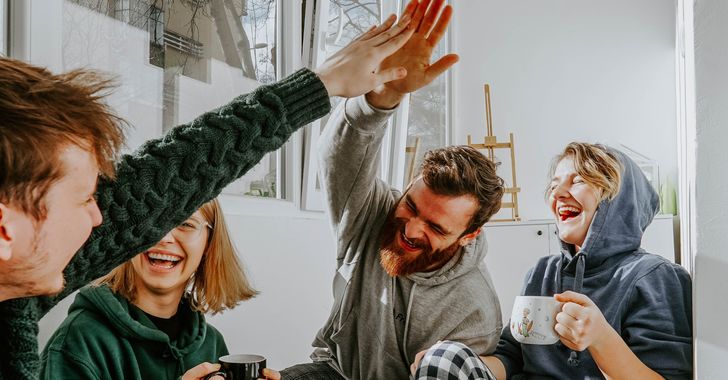 Photo by
Photo by 